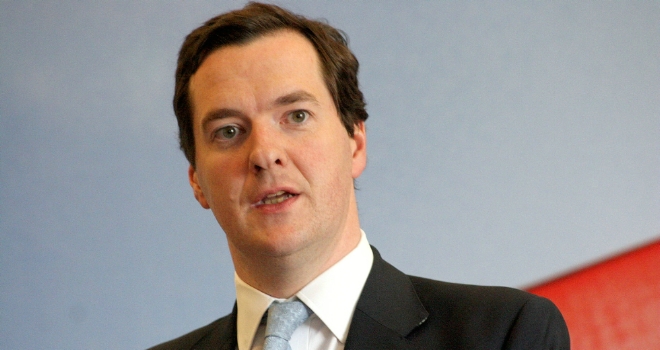
The group was initially created to repair the economic damage of the Napoleonic wars, and hasn't met since October 1860.
The commissioners will include George Osborne, Mark Carney, the speaker of the House of Commons, and the lord chief justice.
Osborne is also rumoured to announce a plan that will legally require future governments to run a surplus when the economy is growing.
According to the BBC, George Osborne will say:
"With our national debt unsustainably high, and with the uncertainty about what the world economy will throw at us in the coming years, we must now fix the roof while the sun is shining."
The OBR will be responsible for policing the new rules, and borrowing will only be permitted in 'exceptional circumstances'.
The speech is also likely to include a Lloyds and RBS share sale update, and Carney is expected to discuss the results of the Fair and Effective Markets Review which could result in the creation of a new body to promote industry standards and clamp down on Libor and Forex rigging.
Toby Nangle - Global Co-Head of Asset Allocation at Columbia Threadneedle Investments, said:
"This... looks a lot like the return of Gordon Brown’s Golden Rule (that the government should not borrow to fund current spending over the economic cycle, but could borrow to invest), but with two meaningful differences: 1) the judgement over whether we are in normal times will be delegated to the Office of Budget Responsibility, although in truth the definition of normality will remain with the government; 2) unlike Brown’s Golden Rule, reports suggest that investment spending rather than only current spending will be included in the calculation of the budget deficit.
"This second difference is peculiar, as real interest rates at which the government can borrow for 20, 30 or even 50 years are negative (that is to say that can lock in borrowing at inflation minus a fixed rate for as far as the eye can see), and so the incentive for the government to invest in productivity-boosting projects is currently at its strongest. Doing so would boost economic output and tax revenues, and so, when financed at negative rates, be more than self-financing.
"Furthermore, the negative consequences of mounting debt are generally articulated in relation to their potential to push real interest rates higher. But the problem for pension schemes has been that real interest rates are too low, and this announcement is likely to perpetuate the shortage for long-dated assets amongst pension funds that has been fuelling their funding crisis."





